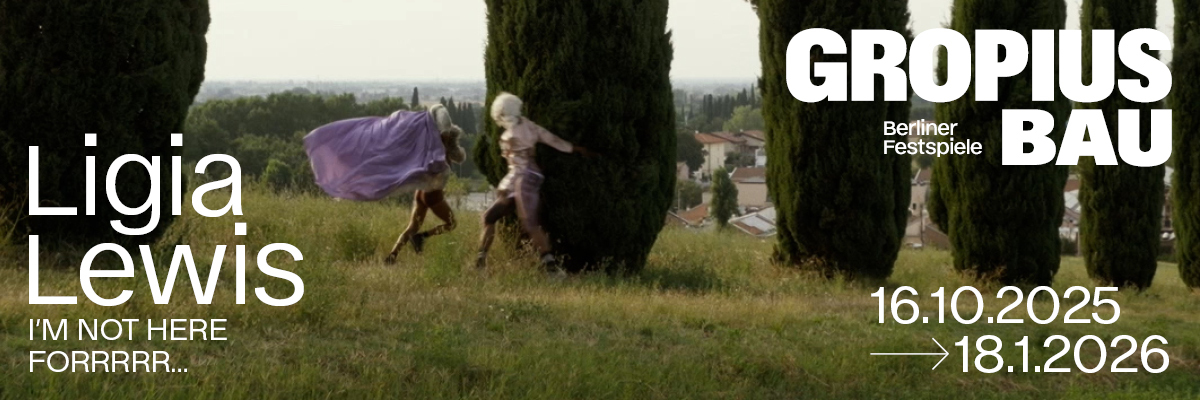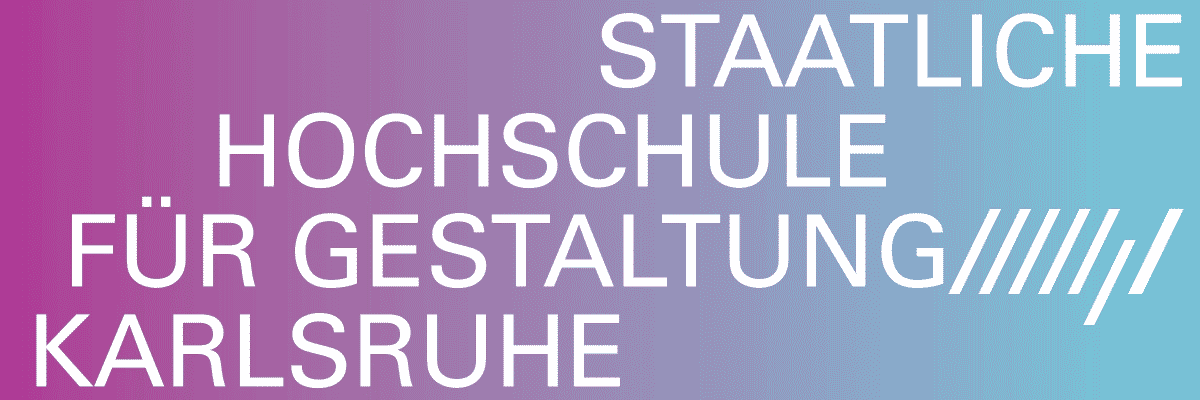
Miho Dohi
Miho Dohi
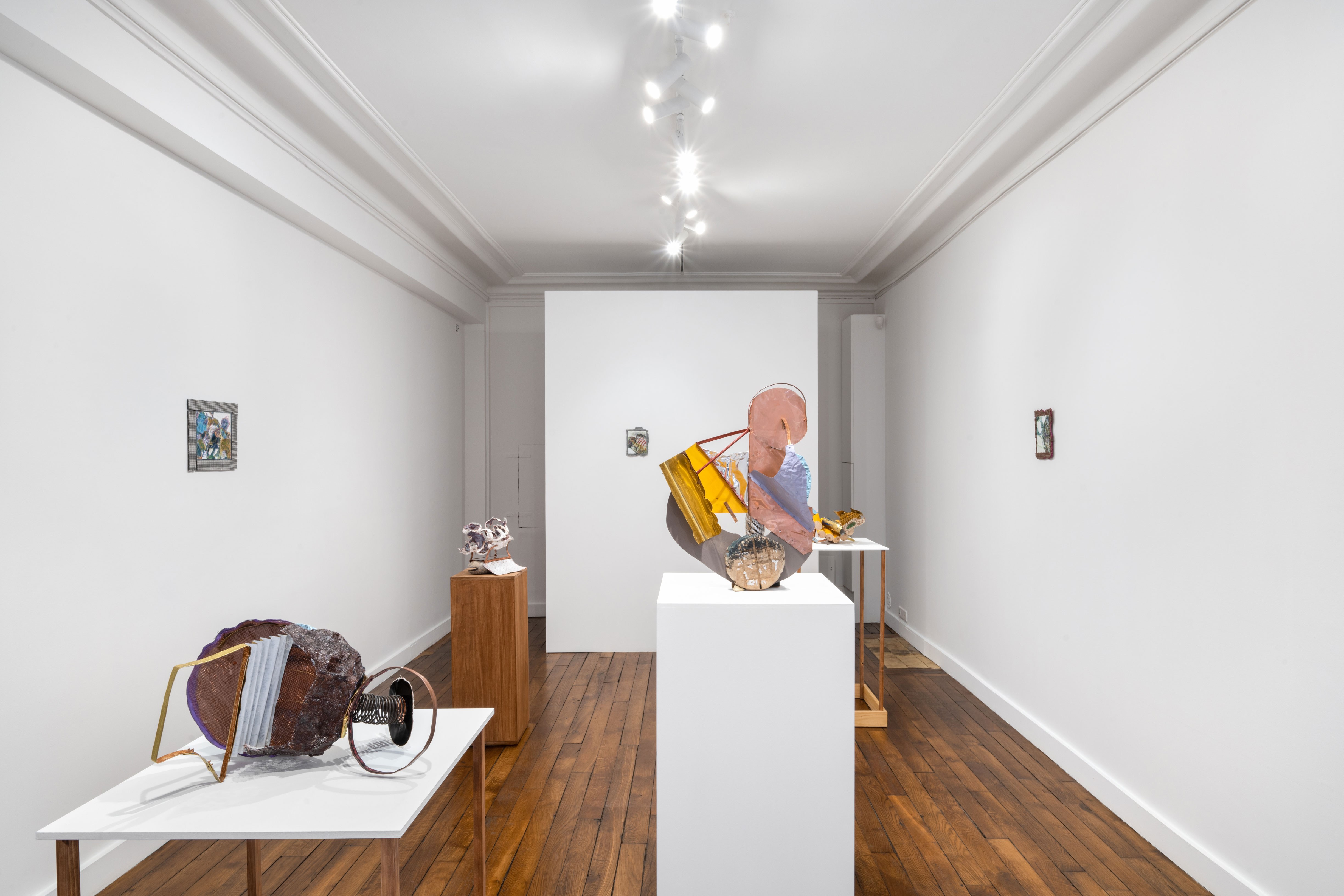
Exhibition view, Miho Dohi, Crèvecœur, Paris, 2023. Courtesy of the artist and Crèvecœur. Photo: Martin Argyroglo
Advertisement
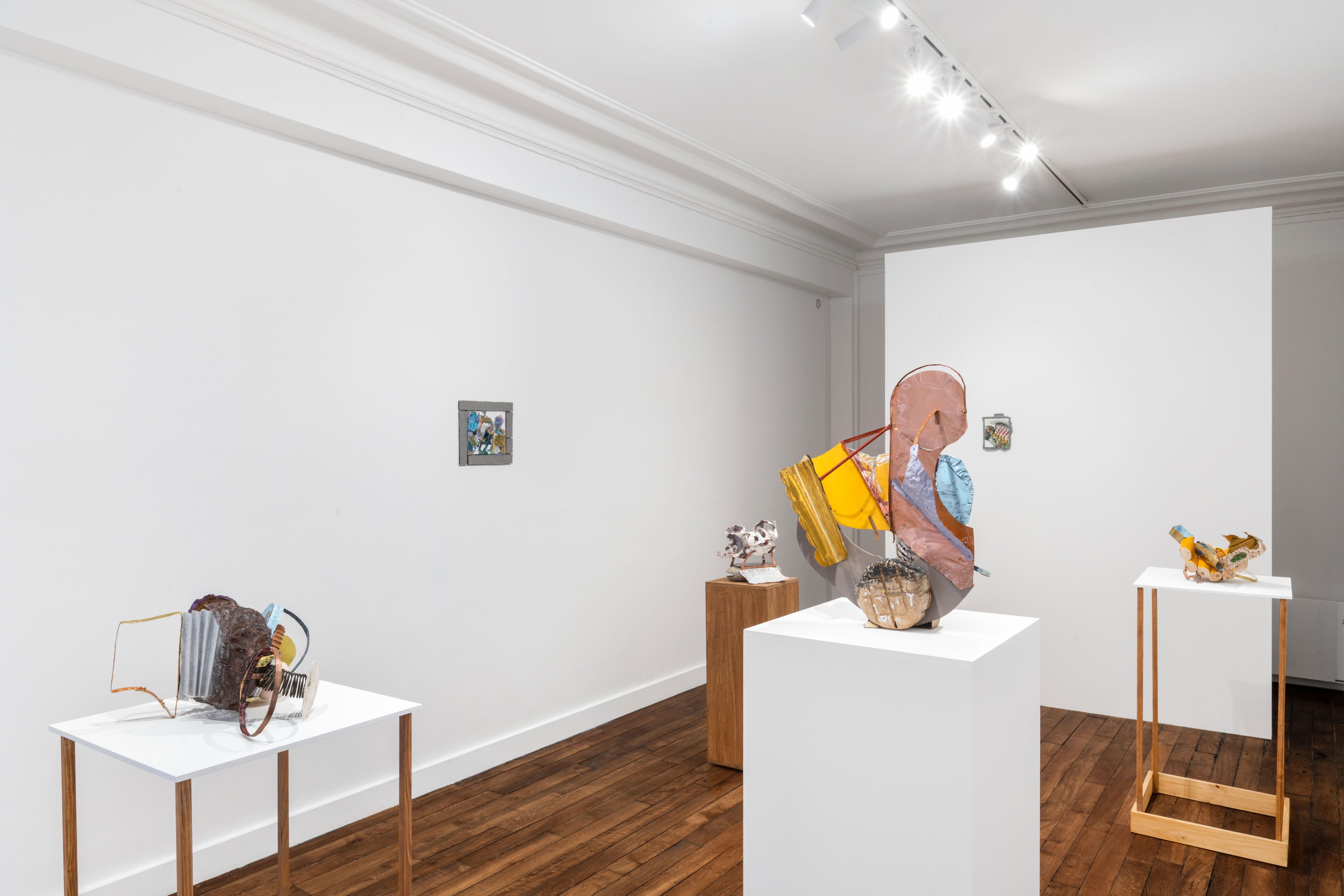
Exhibition view, Miho Dohi, Crèvecœur, Paris, 2023. Courtesy of the artist and Crèvecœur. Photo: Martin Argyroglo
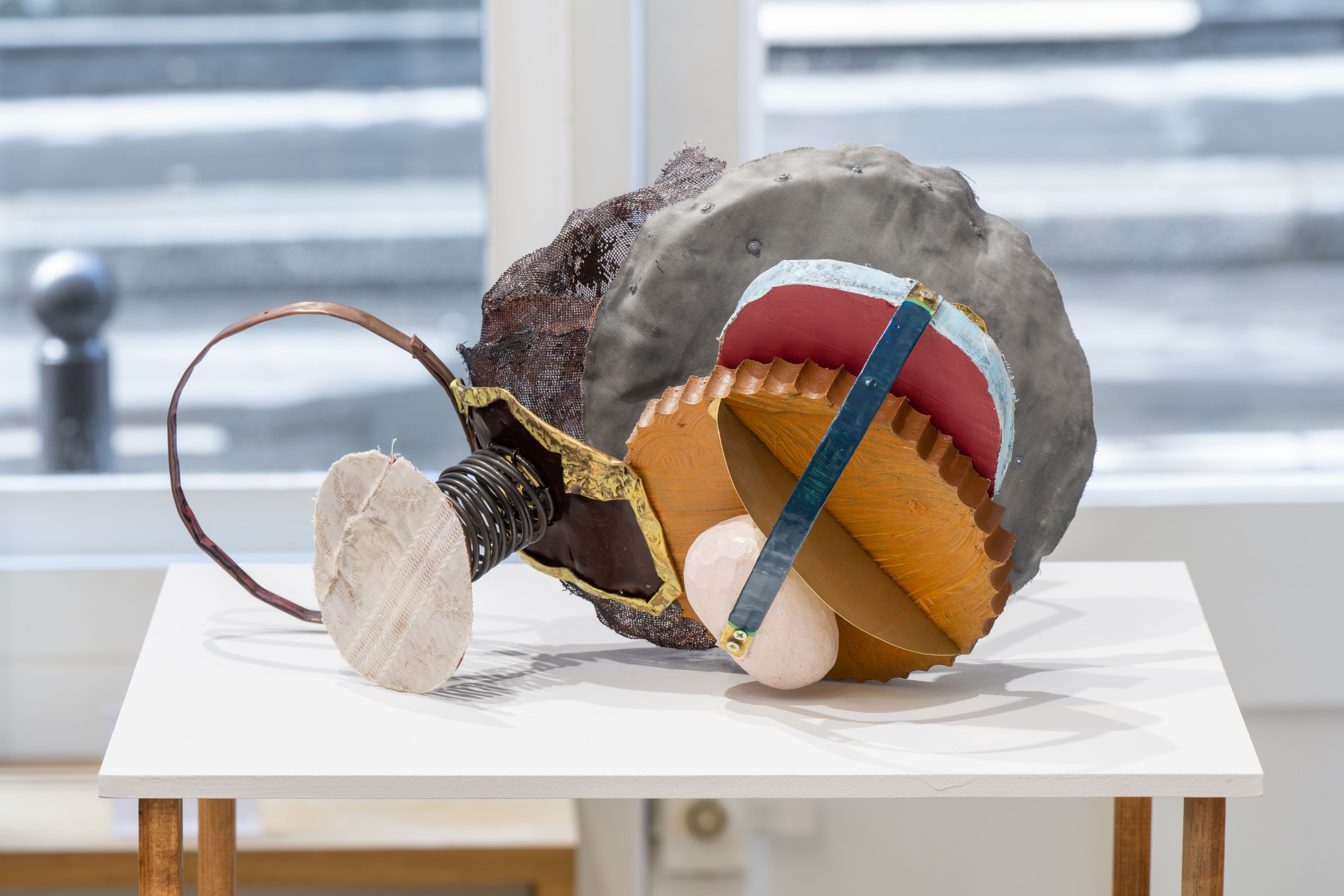
Exhibition view, Miho Dohi, Crèvecœur, Paris, 2023. Courtesy of the artist and Crèvecœur. Photo: Martin Argyroglo
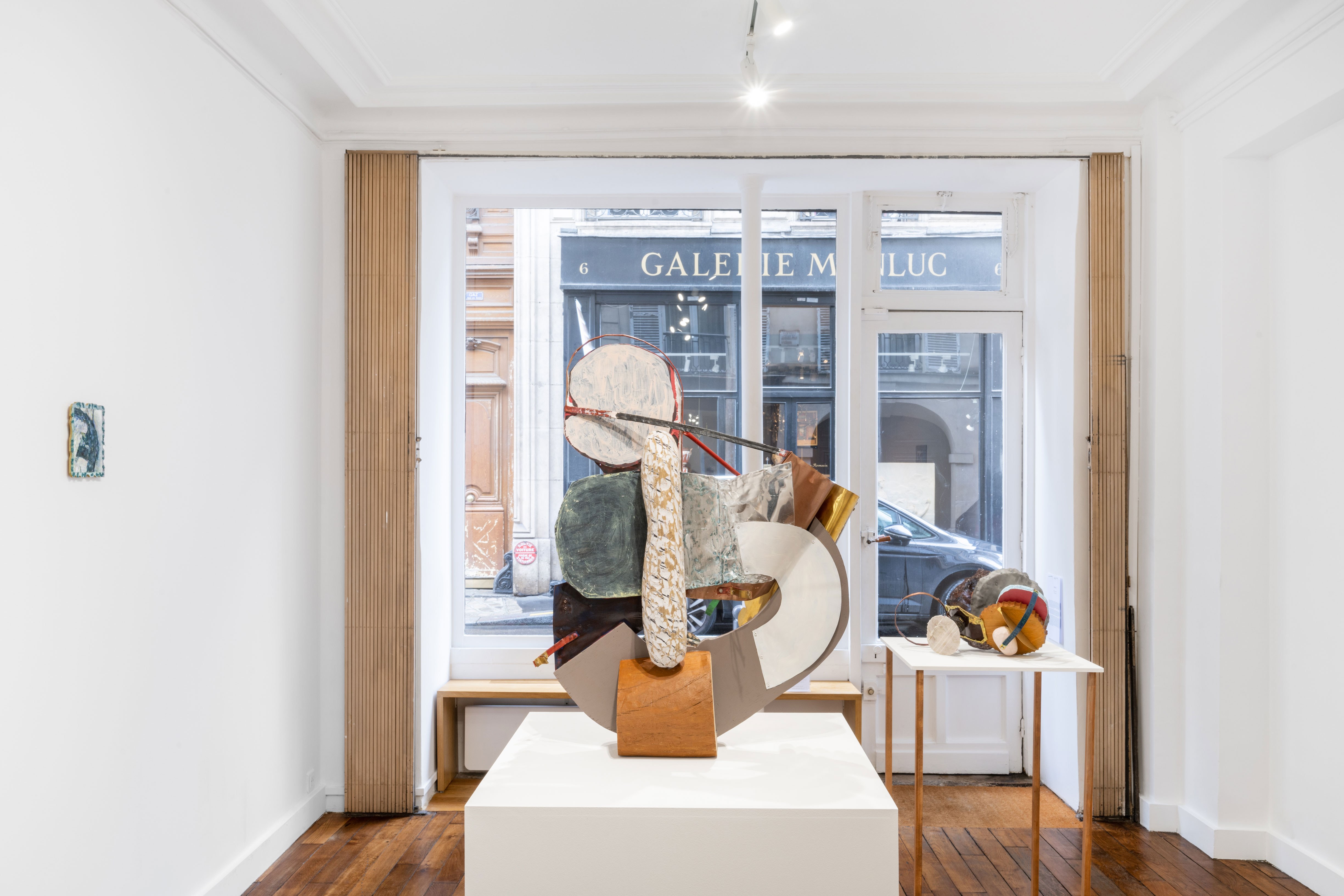
Exhibition view, Miho Dohi, Crèvecœur, Paris, 2023. Courtesy of the artist and Crèvecœur. Photo: Martin Argyroglo
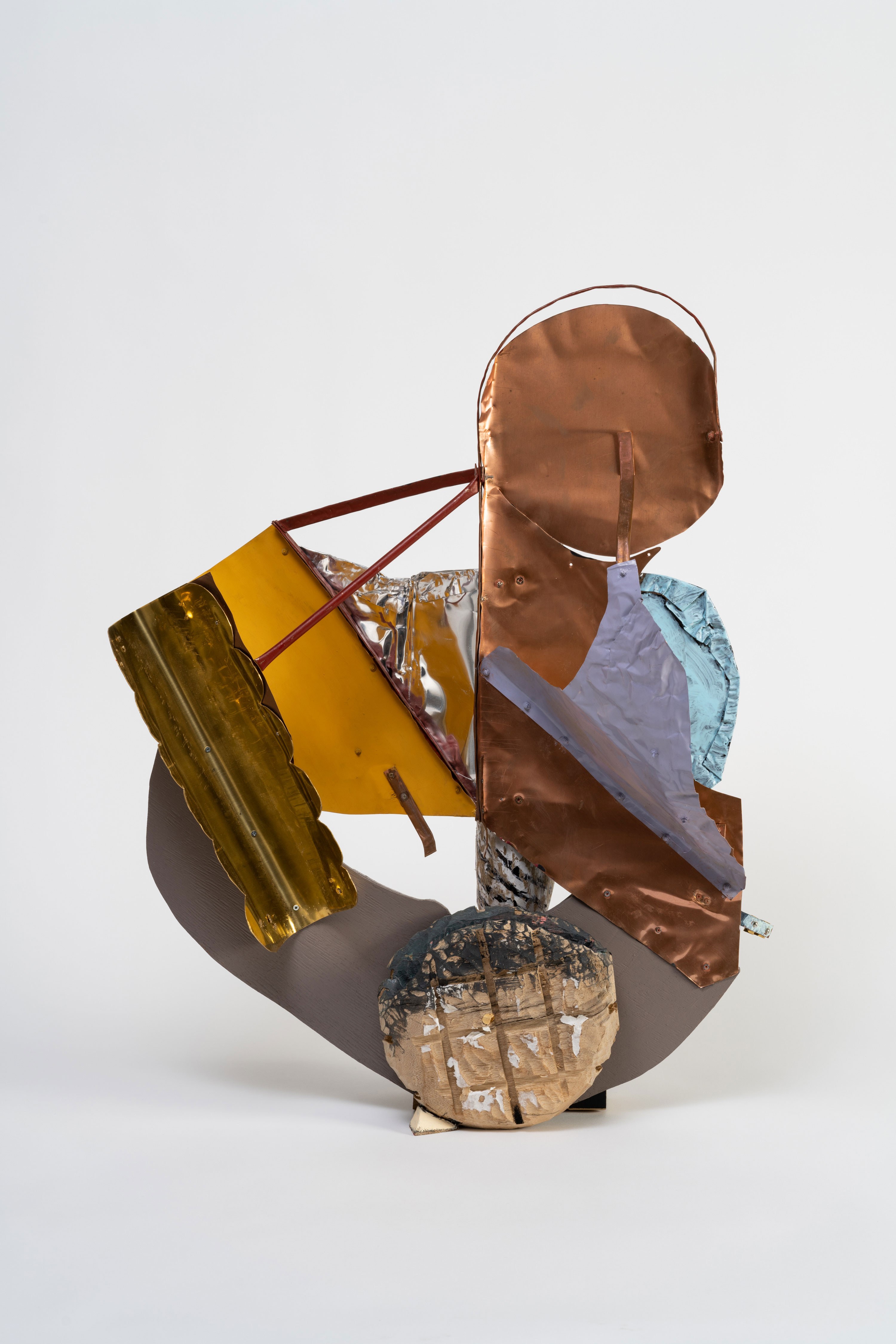
buttai 96, 2023, wood, brass, copper plate, aluminum plate, acrylics and paint, 70 × 54 × 27 cm. Courtesy of the artist and Crèvecœur.
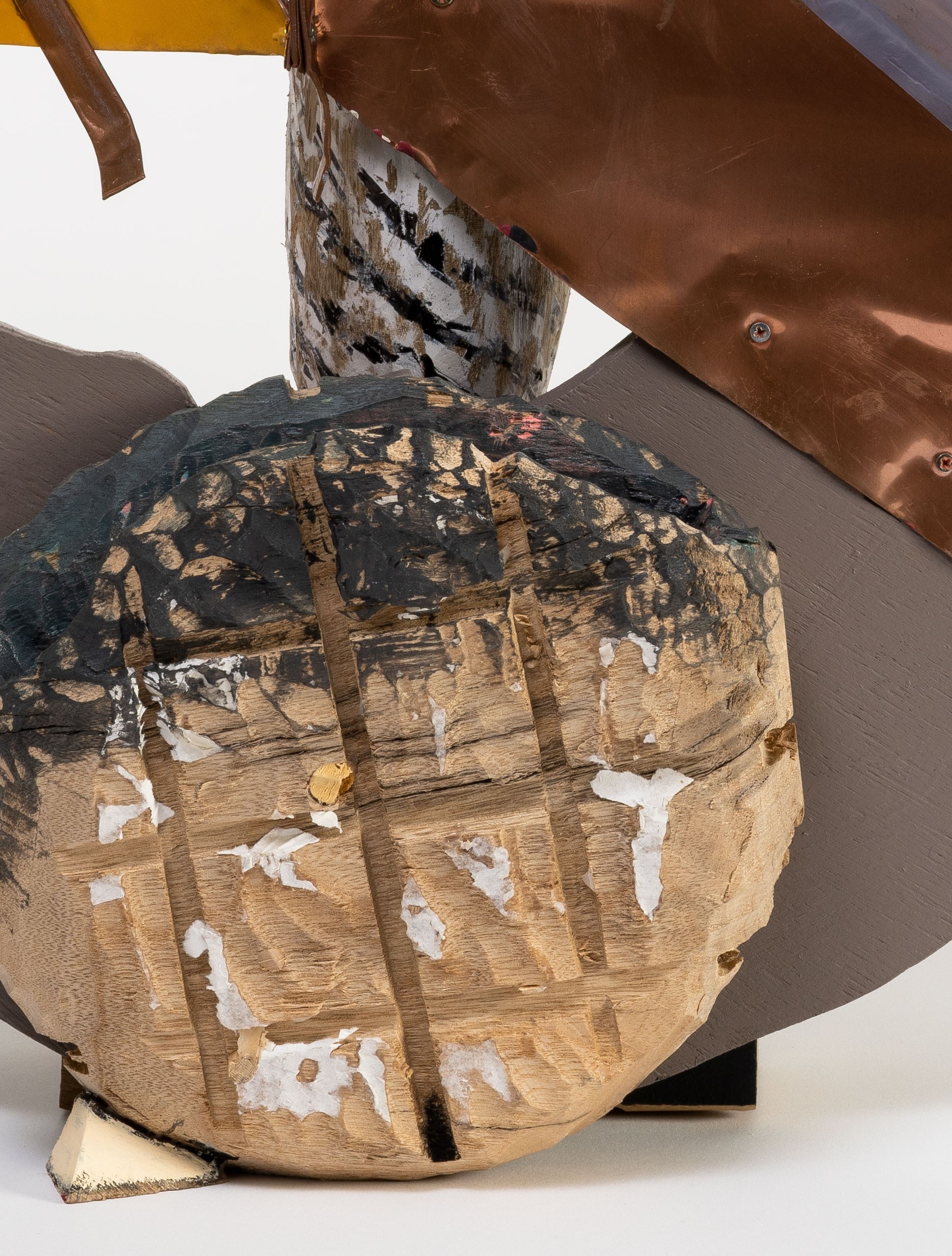
buttai 96, 2023, detail. Courtesy of the artist and Crèvecœur.
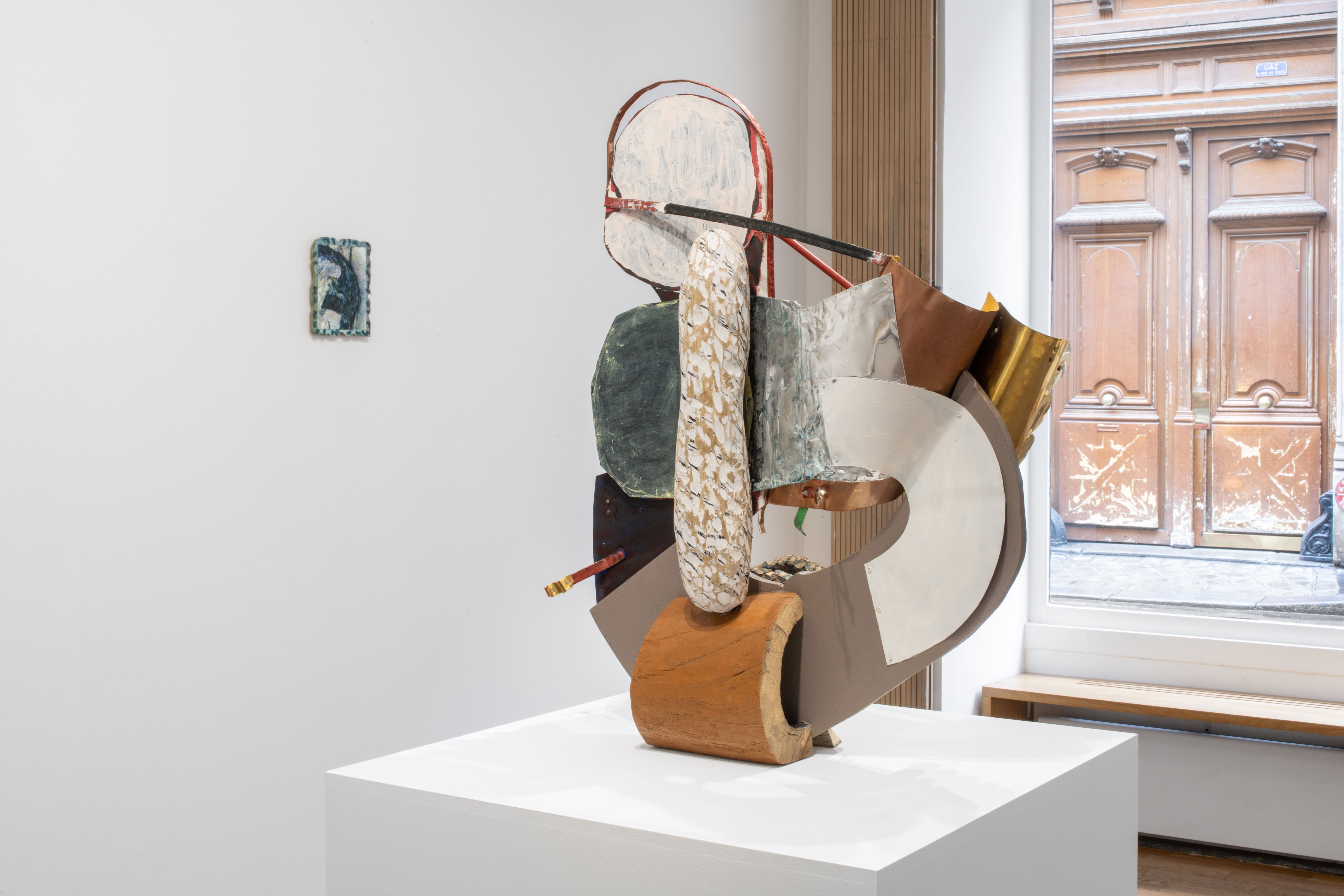
Exhibition view, Miho Dohi, Crèvecœur, Paris, 2023. Courtesy of the artist and Crèvecœur. Photo: Martin Argyroglo
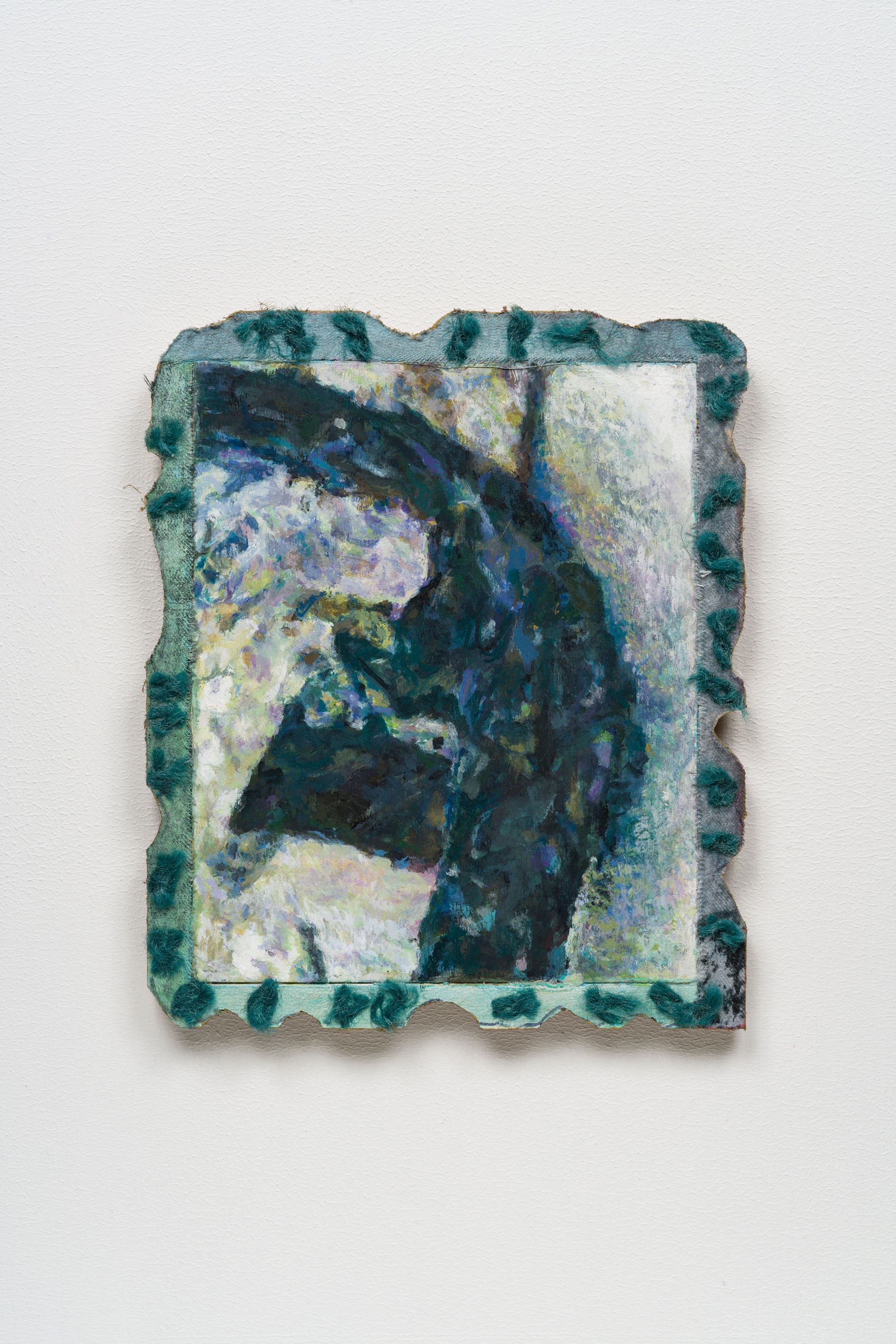
untitled 3, 2023, wood, acrylics and yarn, 19.2 × 16 cm. Courtesy of the artist and Crèvecœur.

Exhibition view, Miho Dohi, Crèvecœur, Paris, 2023. Courtesy of the artist and Crèvecœur. Photo: Martin Argyroglo

untitled 4, 2023, wood, acrylics and cloth, 21.5 × 17 cm. Courtesy of the artist and Crèvecœur.
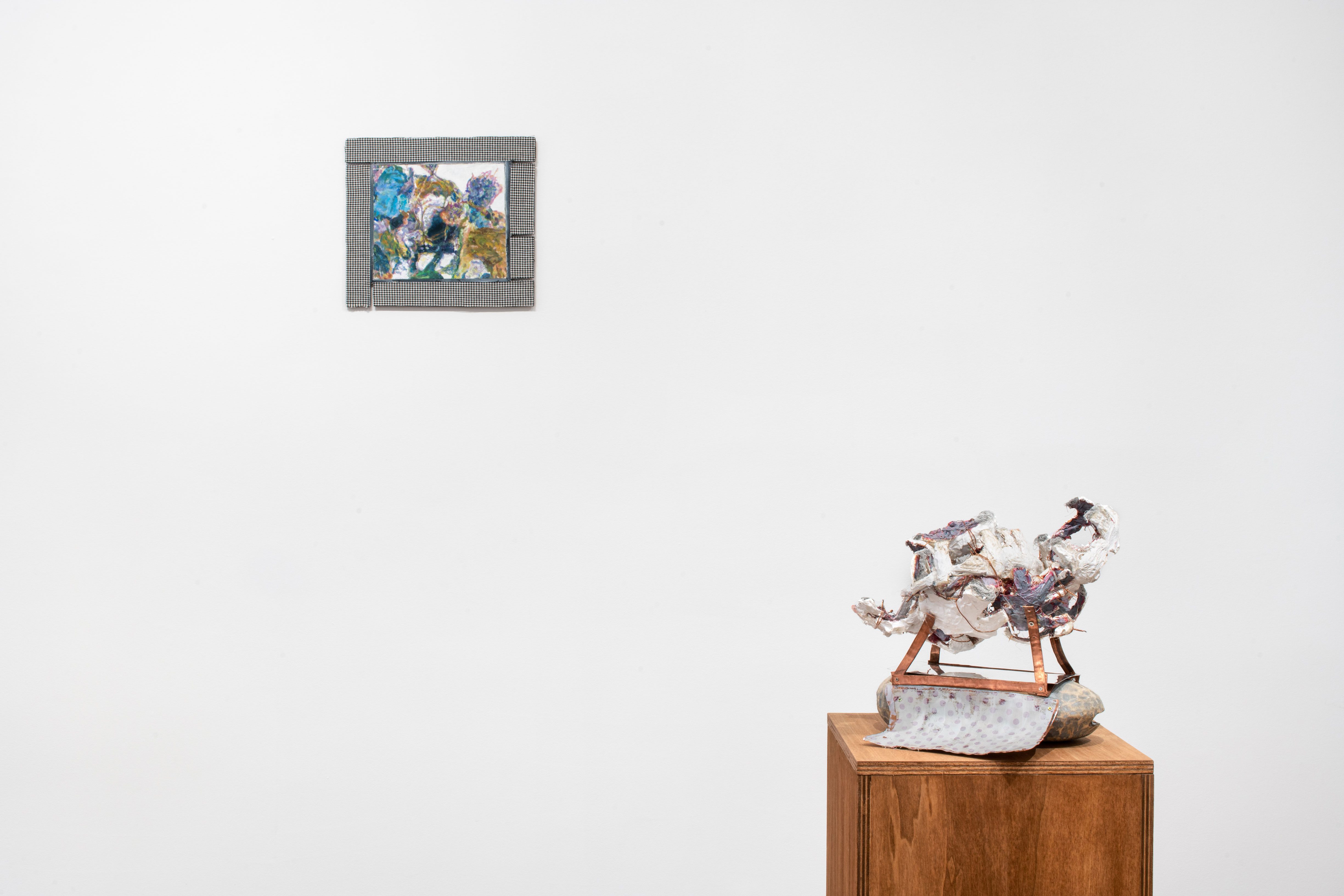
Exhibition view, Miho Dohi, Crèvecœur, Paris, 2023. Courtesy of the artist and Crèvecœur. Photo: Martin Argyroglo
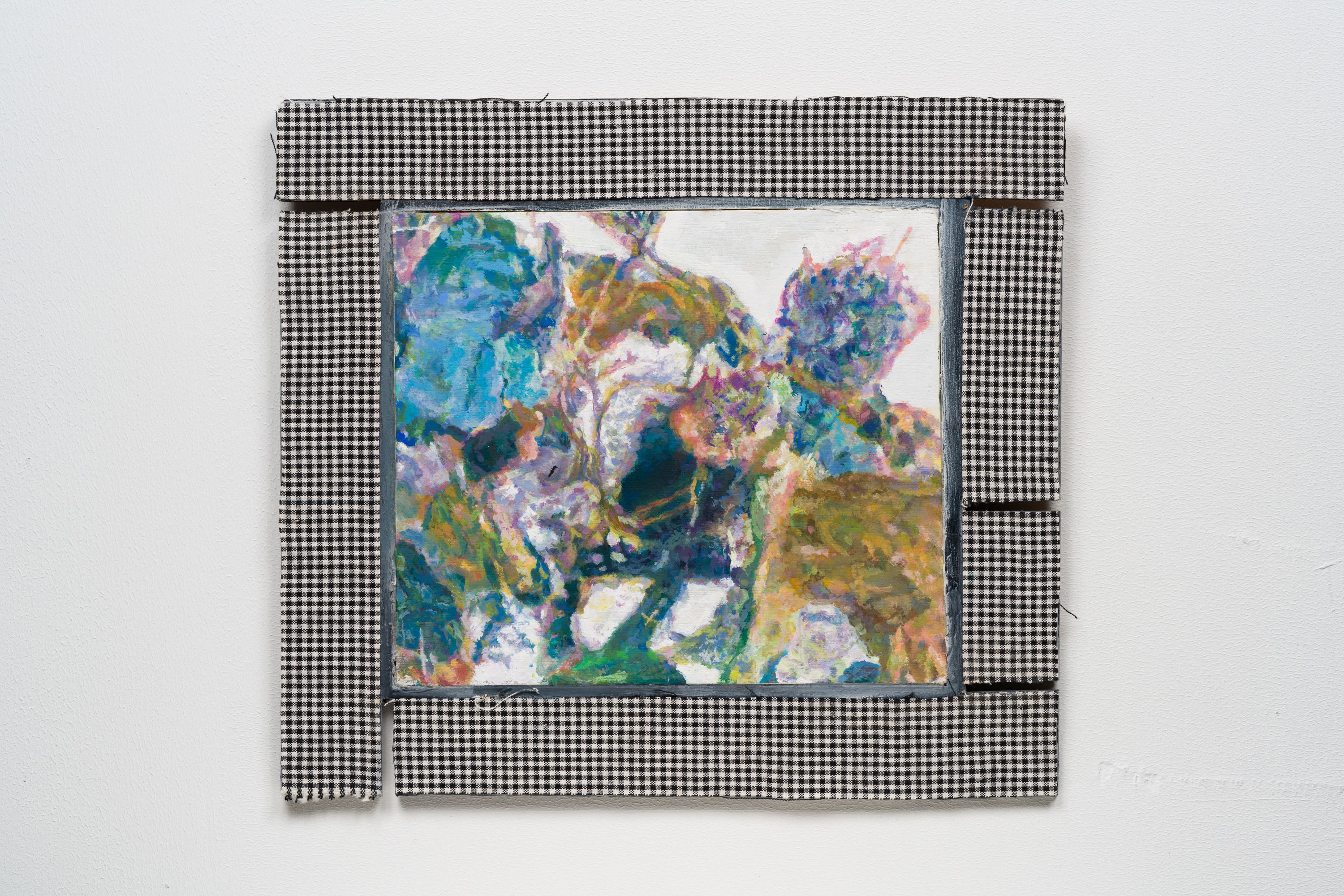
untitled 1, 2023, wood, acrylics and cloth, 29 × 32 cm. Courtesy of the artist and Crèvecœur.
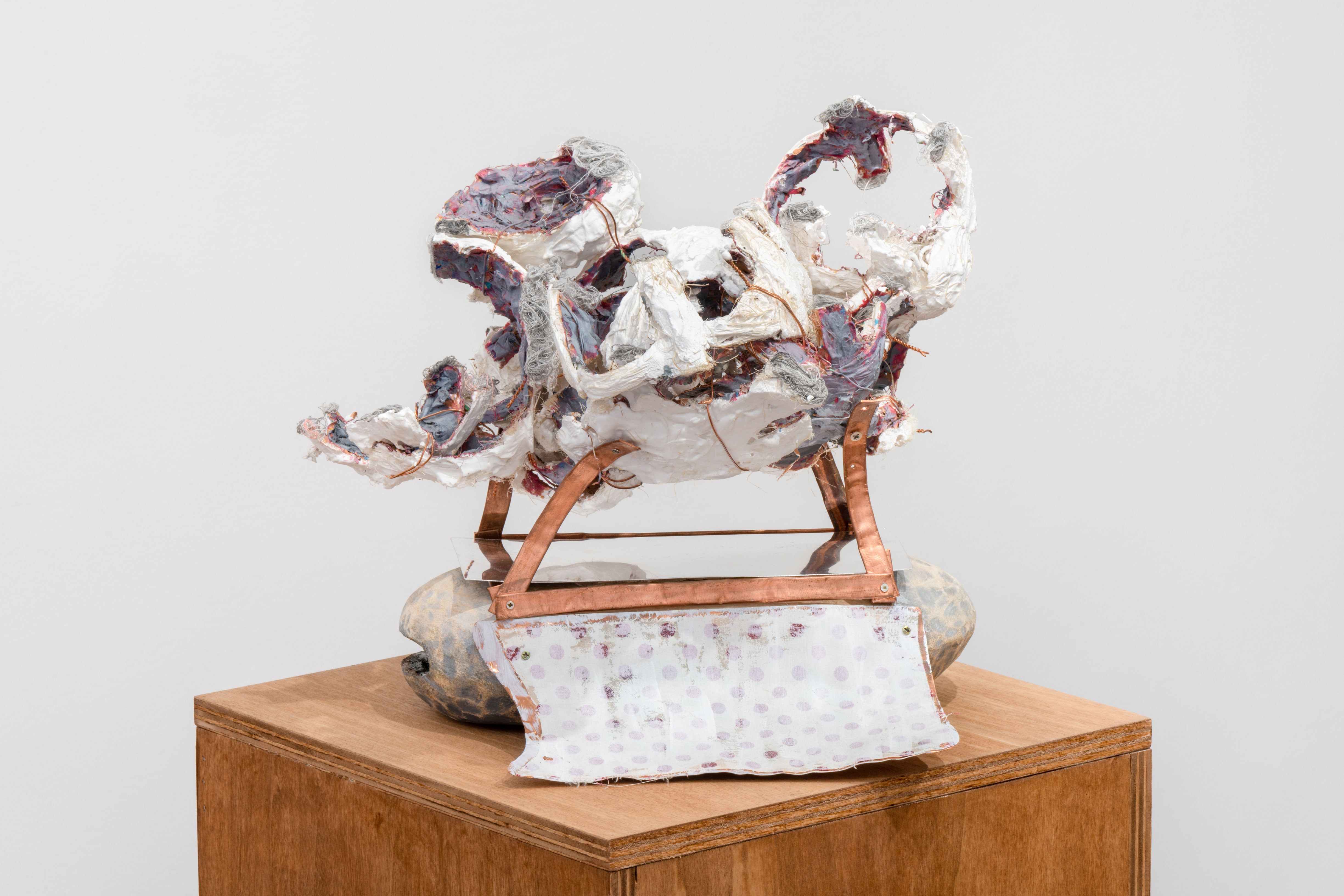
Exhibition view, Miho Dohi, Crèvecœur, Paris, 2023. Courtesy of the artist and Crèvecœur. Photo: Martin Argyroglo
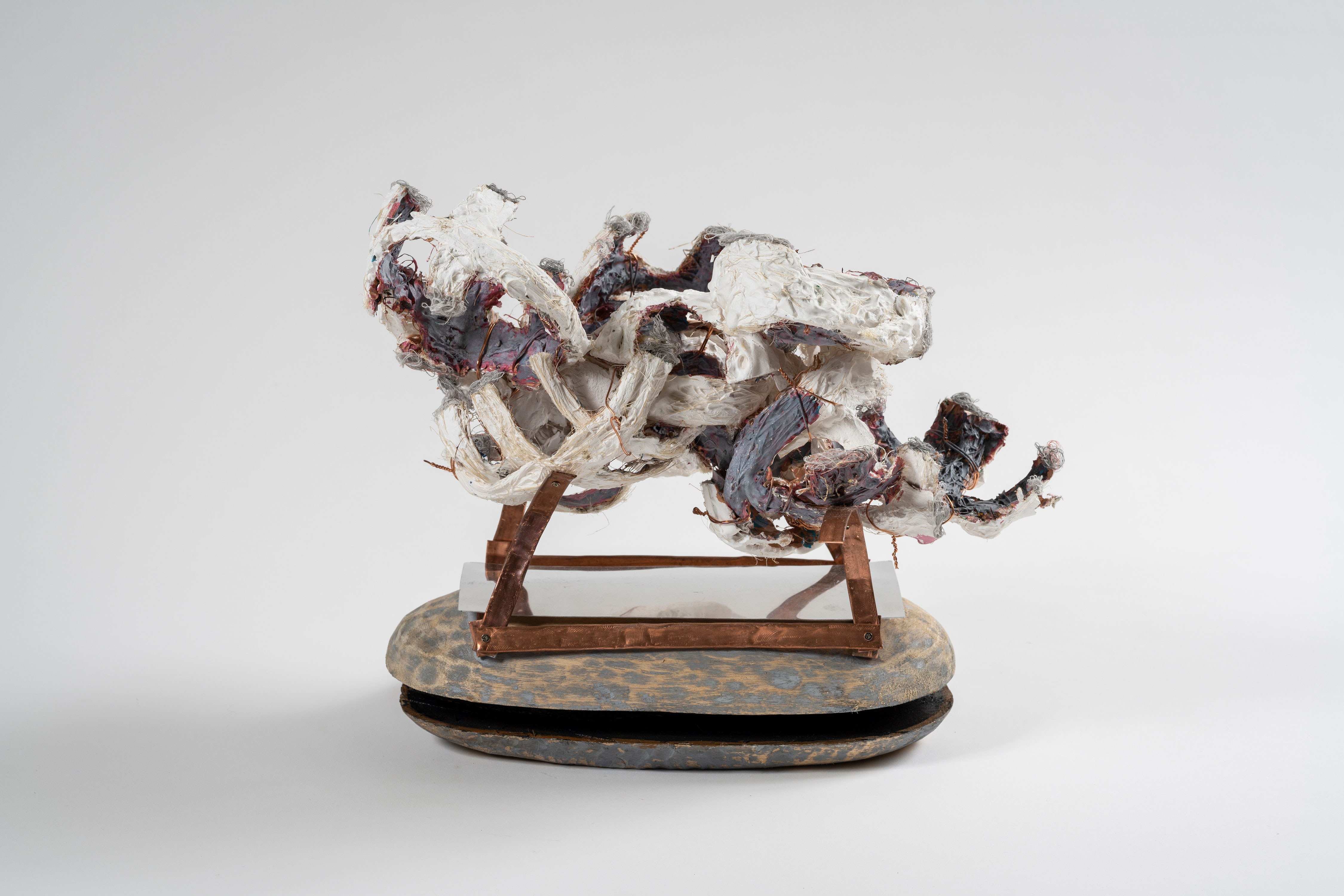
buttai 91, 2022, plaster, wood, copper plate, aluminum plate, paper, cloth, thread, acrylics and paint, 29 × 33 × 24 cm. Courtesy of the artist and Crèvecœur.
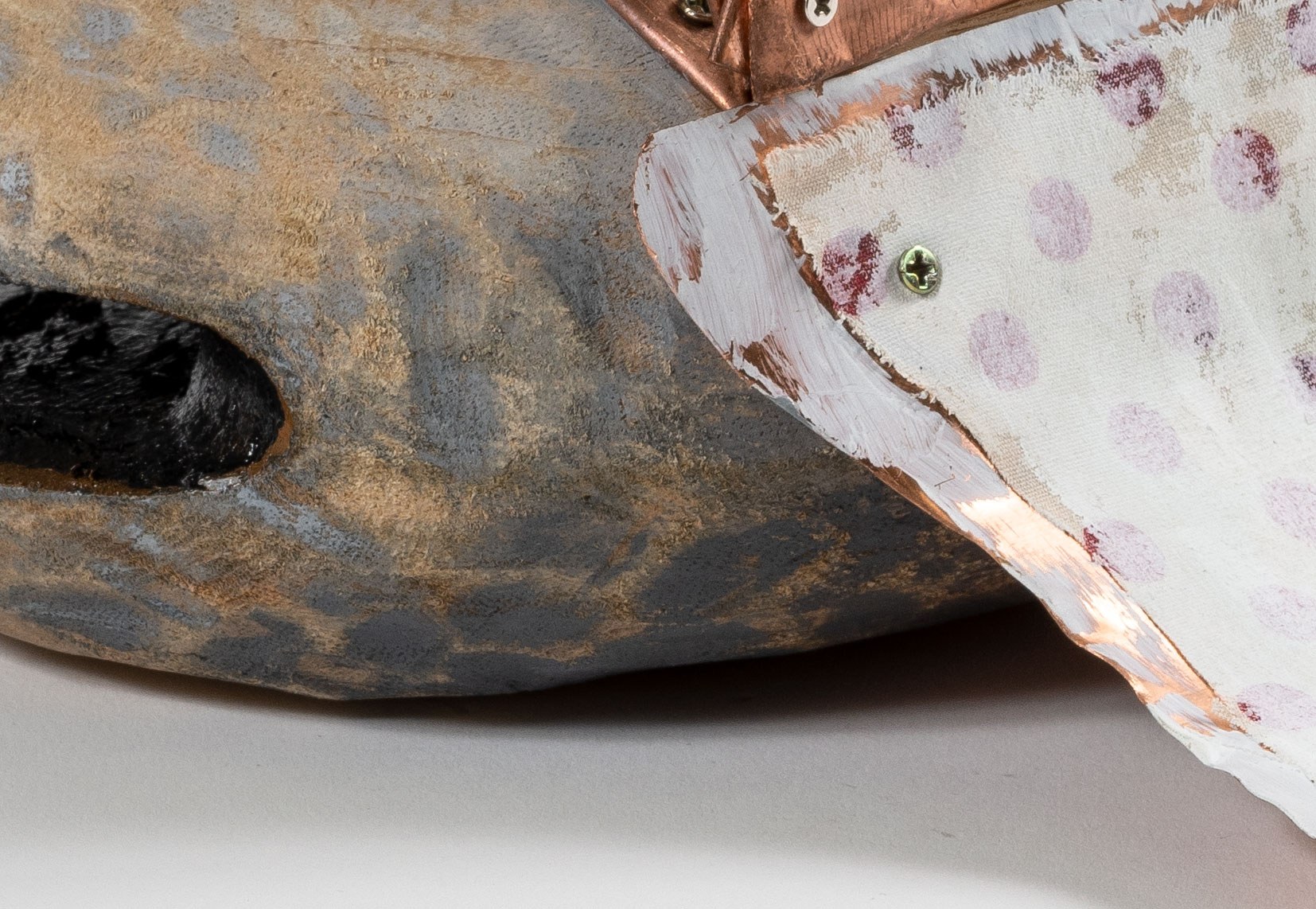
buttai 91, 2022, detail. Courtesy of the artist and Crèvecœur.
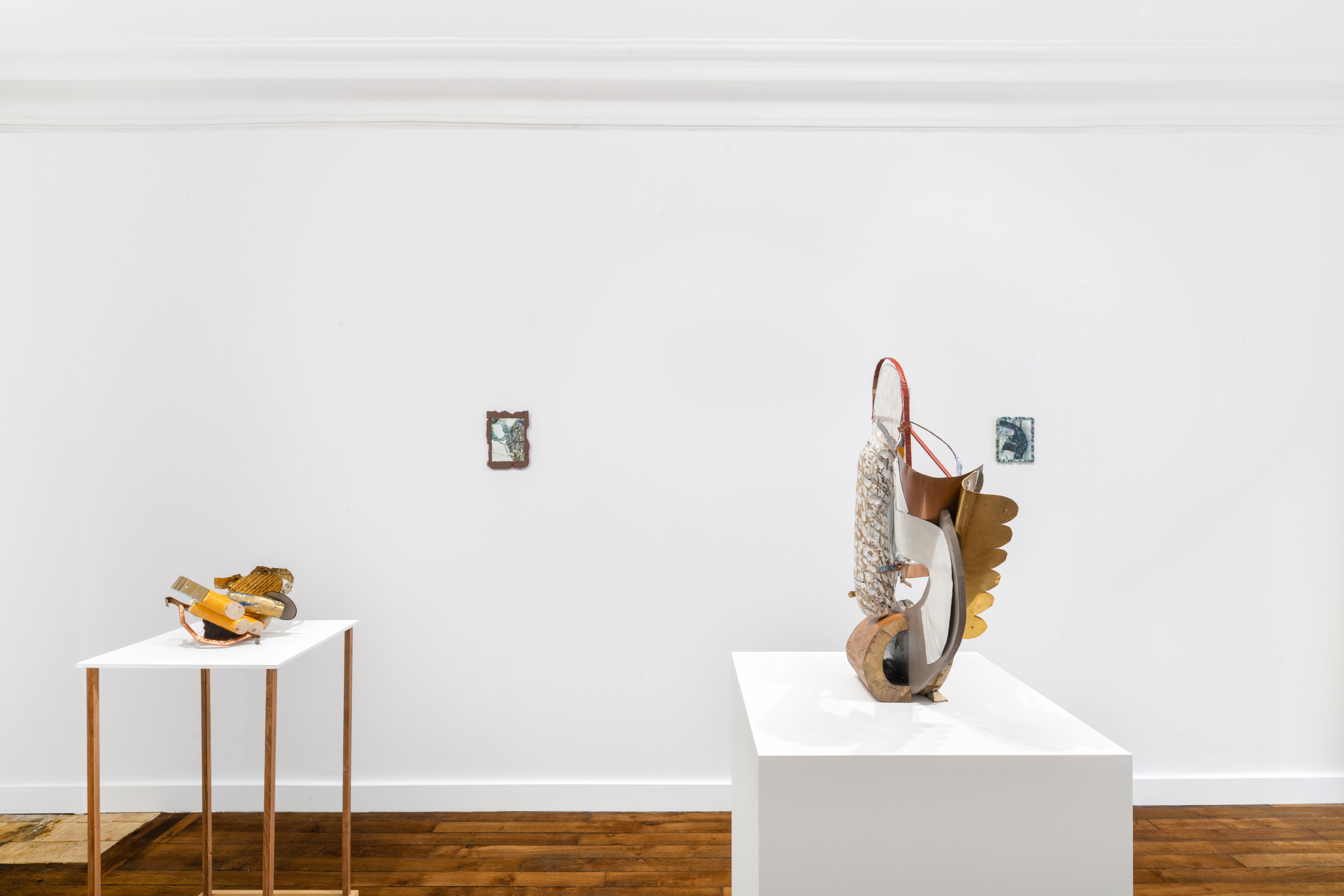
Exhibition view, Miho Dohi, Crèvecœur, Paris, 2023. Courtesy of the artist and Crèvecœur. Photo: Martin Argyroglo
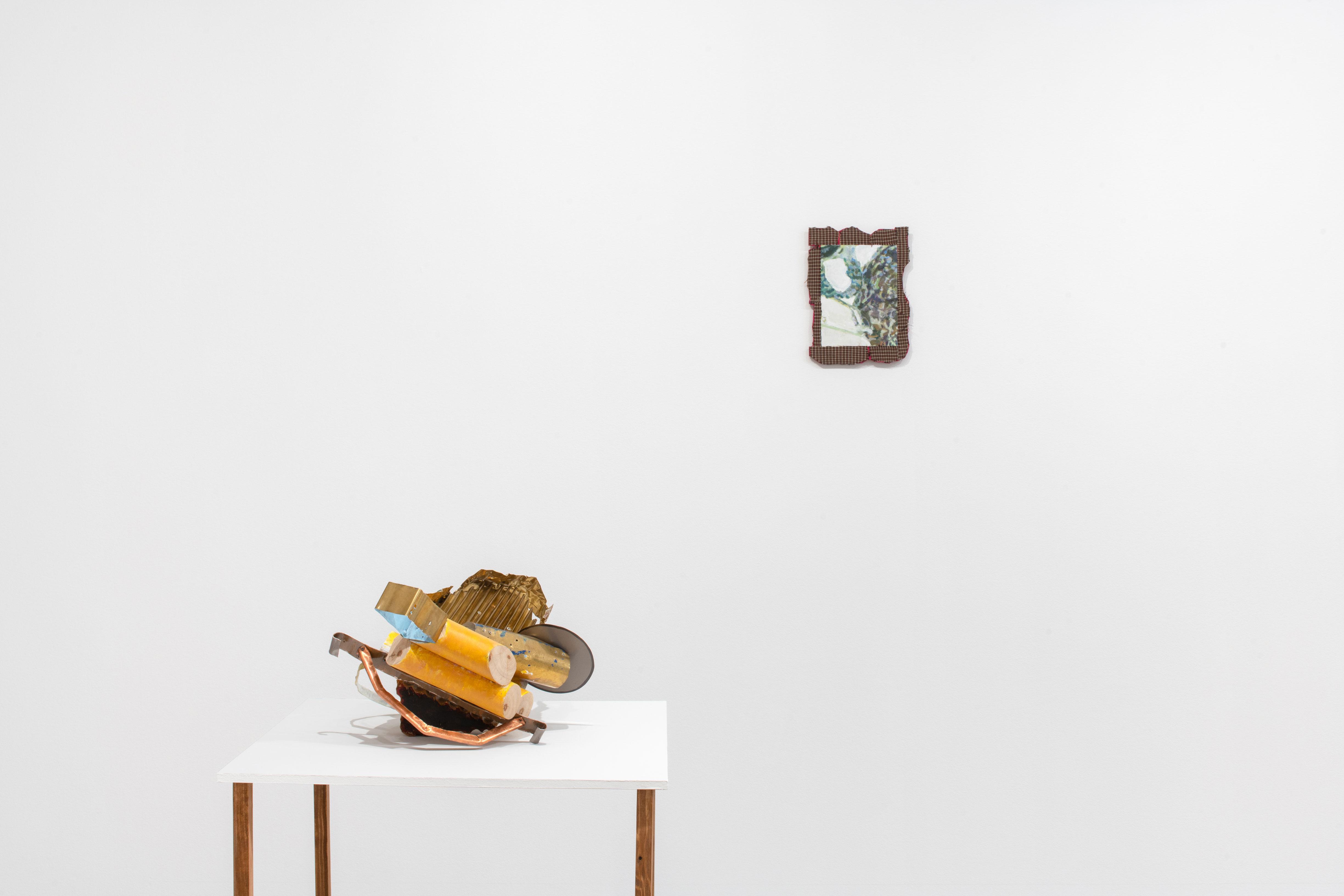
Exhibition view, Miho Dohi, Crèvecœur, Paris, 2023. Courtesy of the artist and Crèvecœur. Photo: Martin Argyroglo
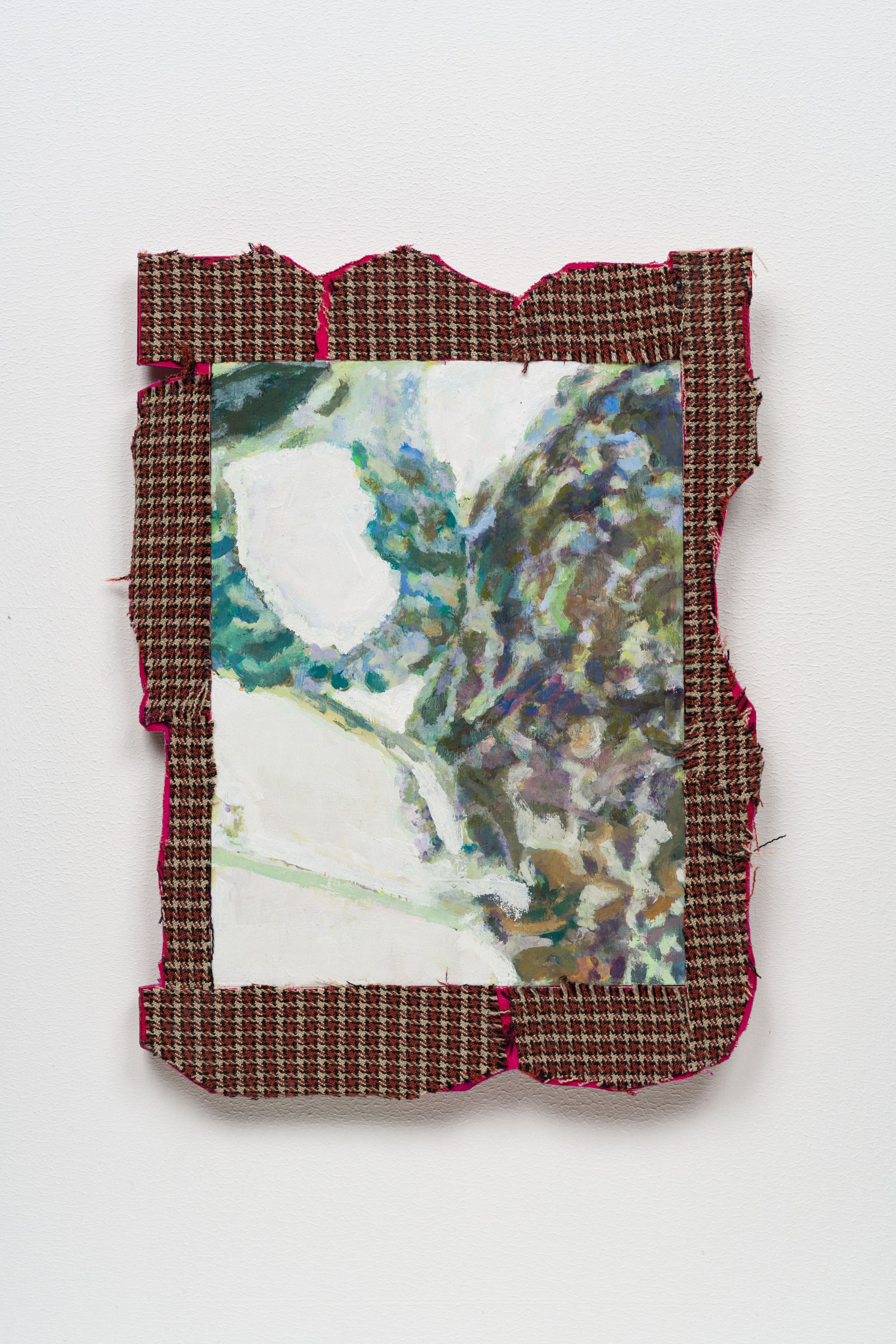
untitled 2, 2023, wood, acrylics and cloth, 21.5 × 17 cm. Courtesy of the artist and Crèvecœur.

Exhibition view, Miho Dohi, Crèvecœur, Paris, 2023. Courtesy of the artist and Crèvecœur. Photo: Martin Argyroglo
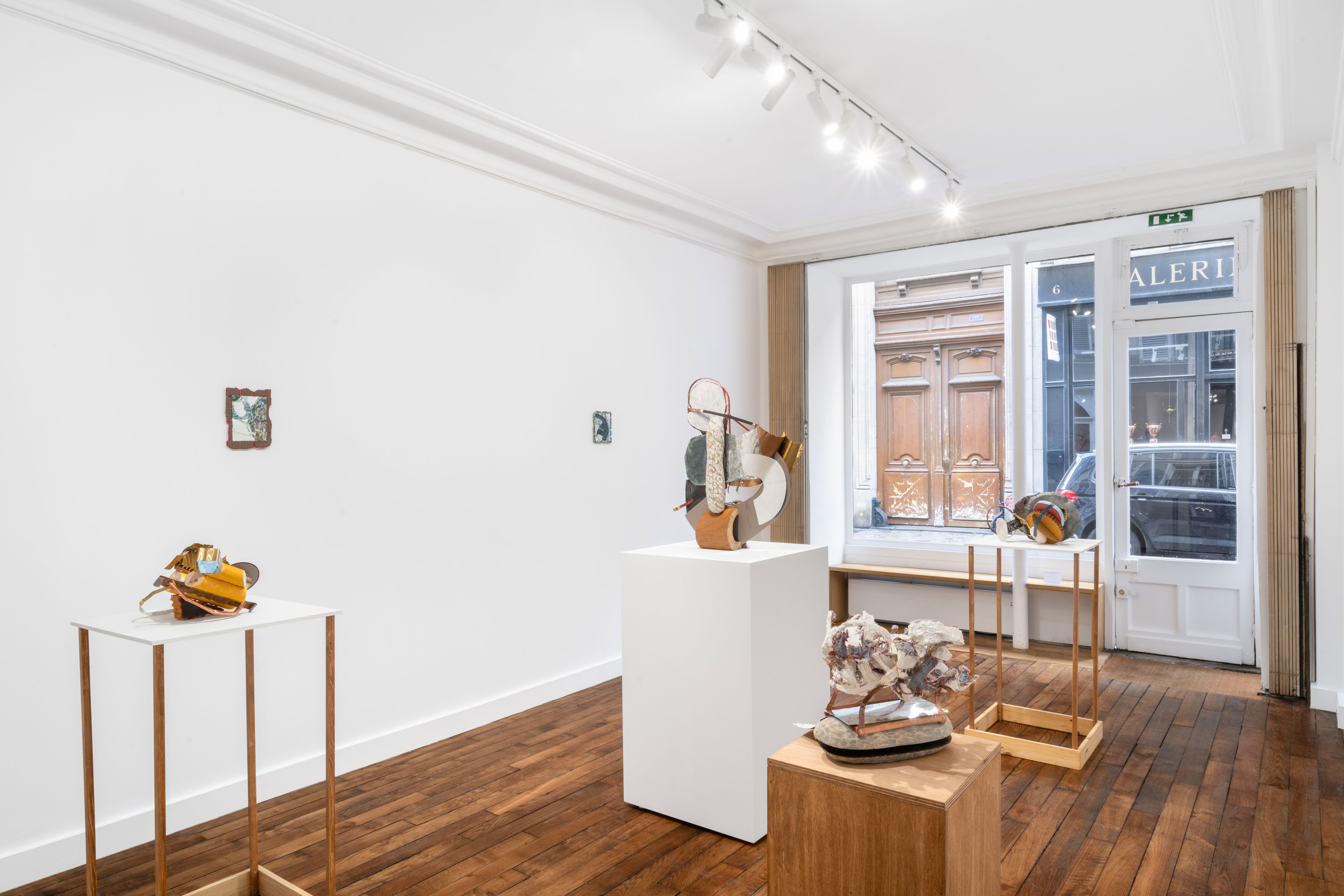
Exhibition view, Miho Dohi, Crèvecœur, Paris, 2023. Courtesy of the artist and Crèvecœur. Photo: Martin Argyroglo
Miho Dohi’s sculptures are a meticulous work of assemblage and collage.
As in the technique of Ikebana, it is based on asymmetry, depth and space. Dohi works patiently and produces only a few “objects”: she calls her sculptures “buttai”, or objects in Japanese. This term has of course not been chosen by chance and, while her sculptures have quite clearly no other point than being artworks, they are like objects thanks to their allusive formalism. They do not look like anything which might be tangible and yet they bring to mind images, which are as evocative as they are strange.
For some time, Miho Dohi has been exhibiting her sculptures surrounded by apparently abstract paintings. But these paintings, framed in a highly “crafty” way, are only seemingly abstract. In reality, they are blow-ups of sections of her sculptures which the artist has snapped mentally then reproduced in paint. This is not only a mise en abyme of her own work but also of the ambiguous position that she has with abstraction.
If Miho Dohi’s work is ambiguous, this is because it is based on the contradiction, or more exactly the marriage, between opposites: softness and hardness, metal and textiles, the organic and the artificial, the unmade and the painted. Because Dohi has in fact always been painting. Ever since her first wood sculptures, painting has always been present in it. But doesn’t the sculptress’s virtuosity lie in her ability to make markers disappear through the way she plays so cleverly with the third dimension? The synthesis at work in Dohi’s sculptures and the material syncretism in action, turn her complex pieces into strangely blatant objects: without any function or past, her sculptures come over to us as objects that have always existed in a world unknown to them, a world which is new and timeless.
